The IABC community kicked off their summer in scenic Vancouver. Communicators from around the globe gathered at World Conference 2025, sharing best practices and hard-earned knowledge, as well as reconnecting along the way.
As attendees mixed, mingled and wove in and out of sessions, a few things were clear: communicators are incredibly adept at building relationships and putting the human experience first. They’re curious, data-driven, and ready to change the status quo. And whatever the next few years may bring, they’re more than ready to take on the challenge.
Below are just a few takeaways from some of the experts we learned from this week.
- Google’s Neil Hoyne helped us break the cycle of data for the sake of data. Communicators don’t need more data, we need to be more thoughtful about how we present and act on it. Good data-forward teams ask three key questions: 1) What’s the hypothesis? 2) Do we have the right data? 3) Are we committed to acting on it?
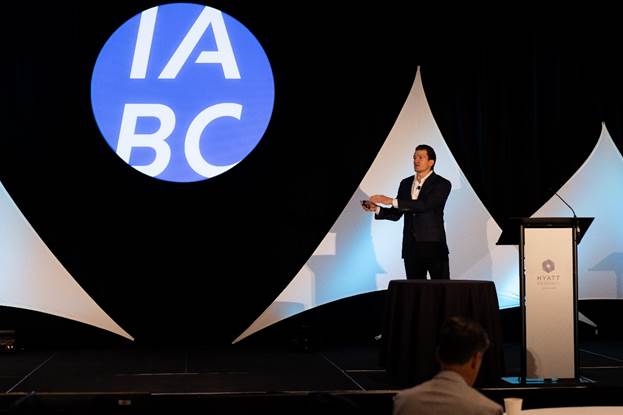
- Angela Sinickas, ABC, IABC Fellow, reminded us that in order for global leaders to succeed, they have to meet their local employees where they are. Communicators can help coach executives by partnering with local teams to understand culture differences and societal norms in order to authentically connect with that workforce.
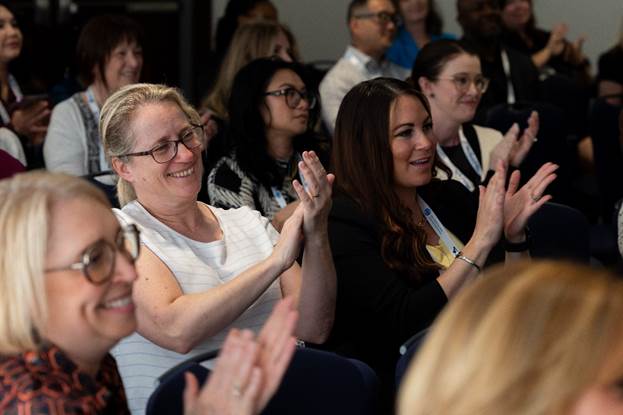
- AI is everywhere and it needs to be managed ethically. Microsoft’s Sean Alexander walked us through best-in-class resources, including the NIST AI Risk Management Framework. This provides a structured approach to governing AI responsibly through four phases: govern, map, measure, and manage. If your organization is looking to build trust in AI systems, assess risk, and ensure accountability, this framework is a valuable tool.
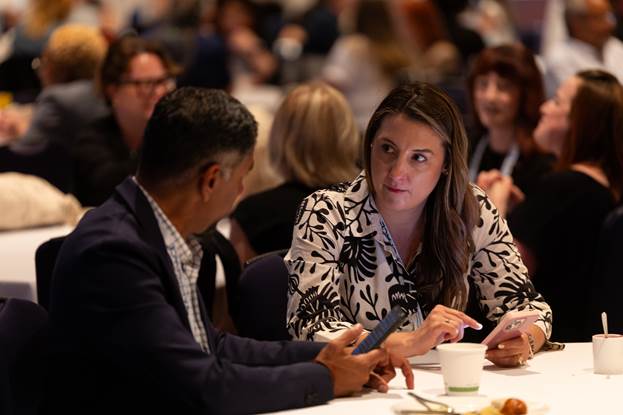
- The world of work is hybrid, which means communicators have a responsibility to close the gap between digital and physical workspaces. Icology’s Chuck Gose and ScreenCloud’s Mark McDermott gave us real-world examples of how signage, mobile tools, and personalization can create a seamless employee experience. Using the ARC Framework can create impactful screen-based communication through attention, retention, and cognition.
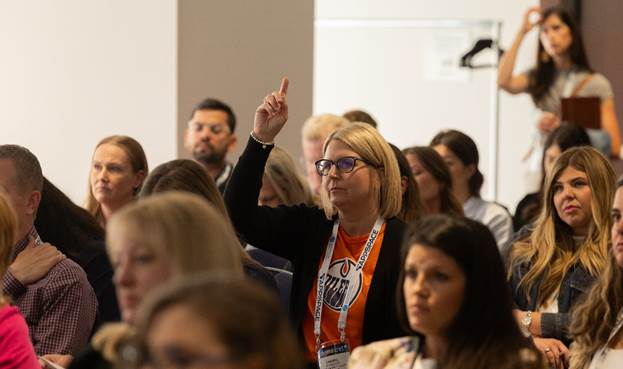
- Which generation knows best? According to research from the USC Center for Public Relations, it’s anyone’s guess — each believes they’re most informed. USC’s Fred Cook took the mainstage with 2024-2025 IEB Chair Kamyar Naficy, Zeno Group’s Barby Segal, USC’s India Starr, and DeVries Global’s Jessica O’Callaghan to dig into the details of the study, sponsored by IABC and Zeno Group. True collaboration requires a willingness to be open and get out of our own way when it’s most needed.
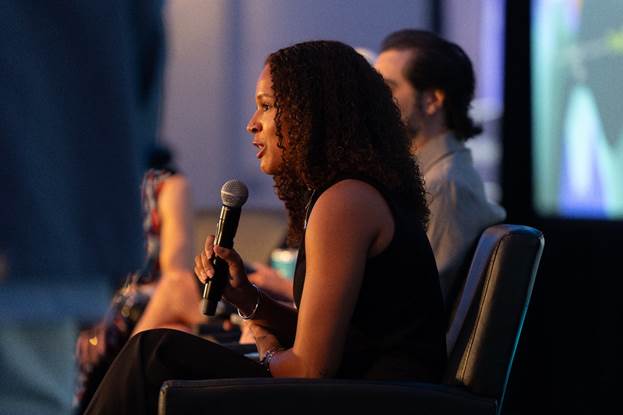
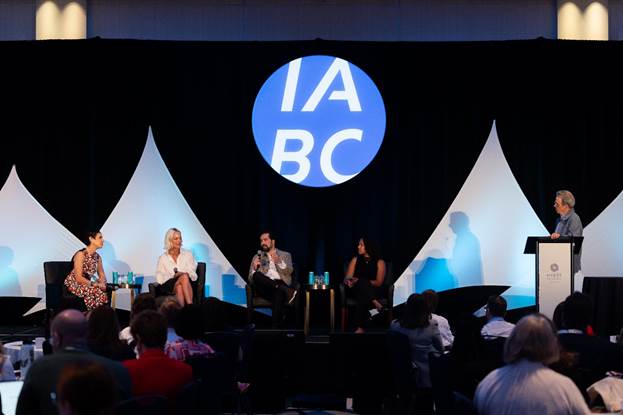
- Christal Austin drew on her experience with the Government of Barbados’ Public Affairs Department to reminded us that crisis response is not one-size-fits-all. While defensive strategies may protect legal standing, they risk damaging trust. Meanwhile, accommodative strategies build credibility but can come at a higher cost.
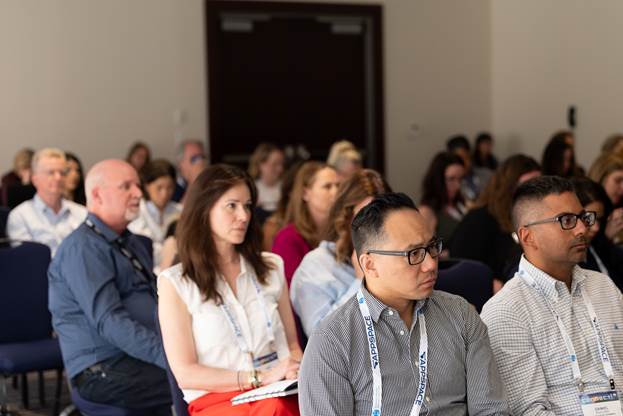
- When real stories from real people are told, meaningful change is possible. William Osler Health System’s Emma Johnston and Catalina Guran shared how a community-centered, physician-led storytelling campaign helped the organization reduce perception of poor quality care dramatically — from 37% to 2% in two years.
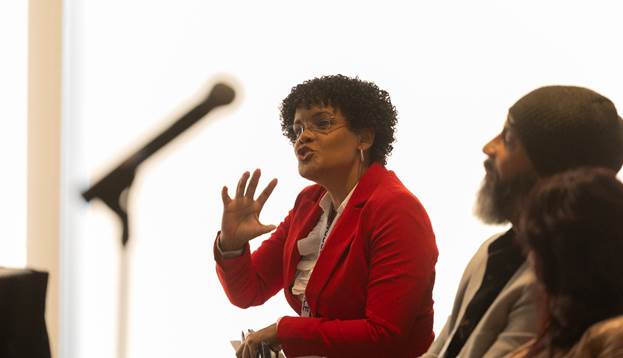
- While misinformation is on the rise, The 519’s Dean Lobo and Eli Carmona encouraged us to not neglect our teams. Does everything require a defensive response plan? Sometimes it may be best to protect team energy and resources by discerning when to engage and when to step back.
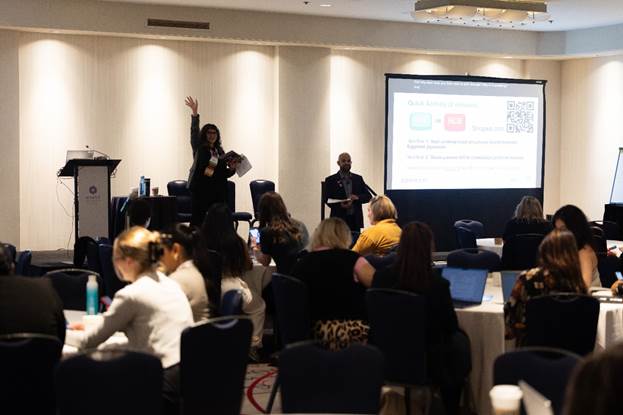
- Can you work backwards to a solution? Tulo Centre of Indigenous Economics’ Juli Holloway, joined by Elizabeth Bunney of Elizabeth Bunney Communications and Ben Borne of Symmetry PR, taught us how to build authentic connections. Sometimes this requires assessing the level of trust in your relationships, identifying your ideal state, then reverse engineering effective strategies.
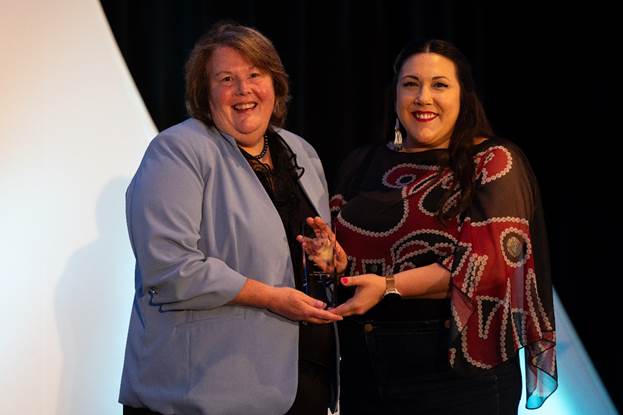
- Our closing spotlight session with Merge Gupta-Sunderji brought us back to the idea of cross-generational collaboration, helping dispel myths about Gen Z and millennials. While millennials embrace diversity, Gen Z expects it. And the best way to engage? It’s not an app, it’s not an algorithm. It’s talking to them — not at them.
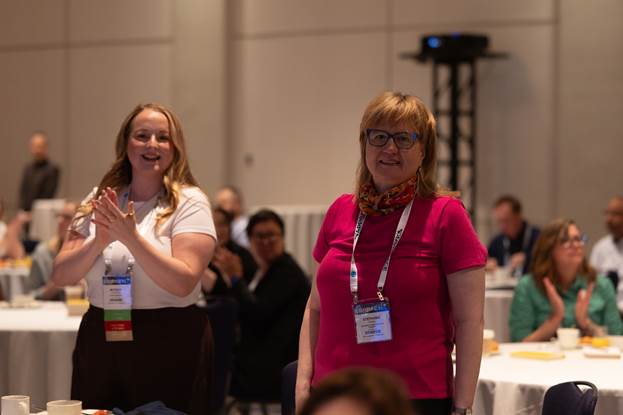
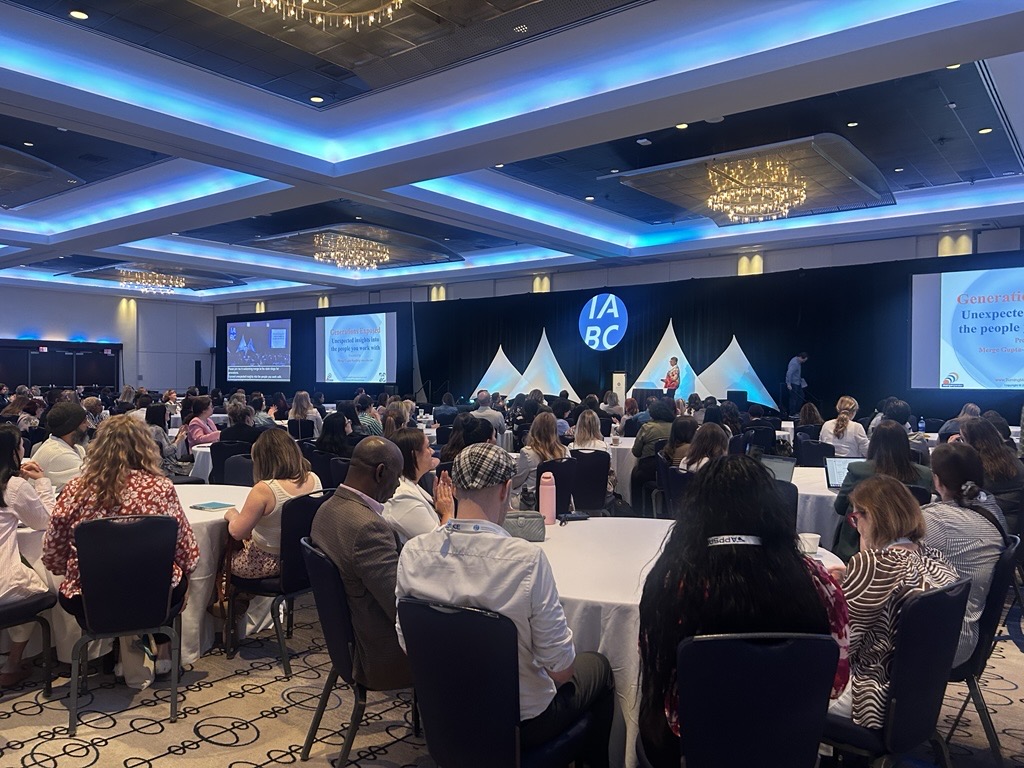
The lessons here are just a glimpse at the ideas exchanged during World Conference 2025. Whether or not you joined us, if something sparked an idea, the Catalyst team would love to continue the conversation with you. Reach out to us at catalyst@iabc.com.
We can’t wait to see you next year 14-16 June, in Toronto, Canada!